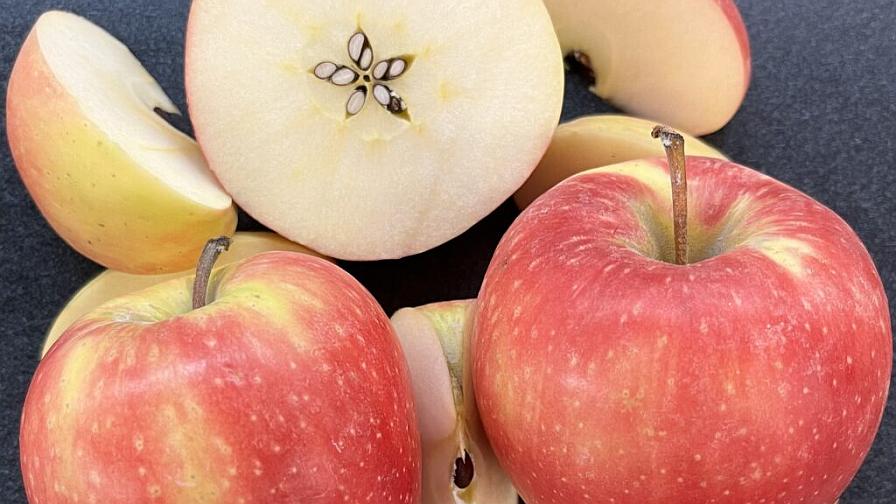Crop Scouting: It’s No Secret
Crop scouting is an important part of managing crops that is sometimes overlooked when the season is rolling along at full steam. Luckily, many retailers provide crop scouting services that can be a time-saving resource. Working with a retailer provides peace of mind — knowing that a trustworthy business partner is regularly monitoring for signs of weeds, insects, and disease. It also can set the stage for a successful season ensuring any threats to yield or quality are addressed before they can have a significant impact. When utilizing a service-oriented dealer, growers typically experience four key benefits:
1. The Early Bird …
Catching pest outbreaks and diseases before they reach their threshold is vital in effective management. Scouting acres on a regular basis, especially when outbreaks are imminent, is the most effective way to protect crops from yield-robbing weeds, pests, and diseases. Local retailers understand which pressures have historically appeared in the area and are more prepared to scout for those issues. Retailers also collaborate with local universities to collect up-to-date information on looming problems to help prepare for outbreaks.
Catching weeds, insects, and diseases in crops before they reach a critical threshold can safeguard quality and yield, and allow acres to be managed cost-effectively before a problem spreads.
2. Good Advice
After walking a property multiple times during a season — and year after year — each retailer becomes familiar with the properties they manage. He or she has seen the weeds, insects, and diseases common to the region and the property, and is prepared to help manage those problems with a variety of tools. With this level of familiarity, it’s common to rely on the retailer to recommend the most effective management tools to control individual problems. Rather than simply rely on what other growers may be using, the retailer will be able to customize a management plan specific to each growers’ acres.
Retailers dedicated to scouting and providing comprehensive management advice stay up to date through ongoing training on new chemistries and management techniques in order to make the best recommendations.
David Craig, a retailer at Diamond R Fertilizer in Ft. Pierce, FL, scouts his customers’ groves on a regular basis and recommends a unique solution for each grower. “Our customers sincerely value the knowledge we provide and our ability to quickly respond to questions and needs,” says Craig. “We are able to take an important, but time-consuming task off their shoulders while still ensuring that the groves are being scouted for any upcoming issues.”
3. Protecting Yield And Quality
Scouting supports intensive management, which can be an effective way to increase crop yield and ensure a high level of crop quality. Keeping a close watch on changing crop conditions as the season progresses can have a positive impact on the timing and effectiveness of treatments. By controlling weeds, disease, and insects before they reach their threshold, growers are able to stop problems before they impact yield and can shut down any issues that might affect crop quality.
4. Building A Better Relationship
Retailers are in the business of providing quality service to their grower-customers. They take pride in the service they offer and find it is much easier to work with growers who understand the value of their services. “Our retail operation always has been service-oriented,” says Craig. “By scouting our customers’ fields and making recommendations based on what we find, we are meeting our goal to provide value to our growers.”
Even for growers with an already strong relationship with a retailer, simply knowing there is a trusted advisor diligently monitoring a property can provide a better appreciation for the work they do, and increase the value of the relationship. Trusting a local retailer to scout for imminent outbreaks of weeds, pests, and disease can relieve growers of a time-consuming activity while still maintaining a process for proactive crop management.








